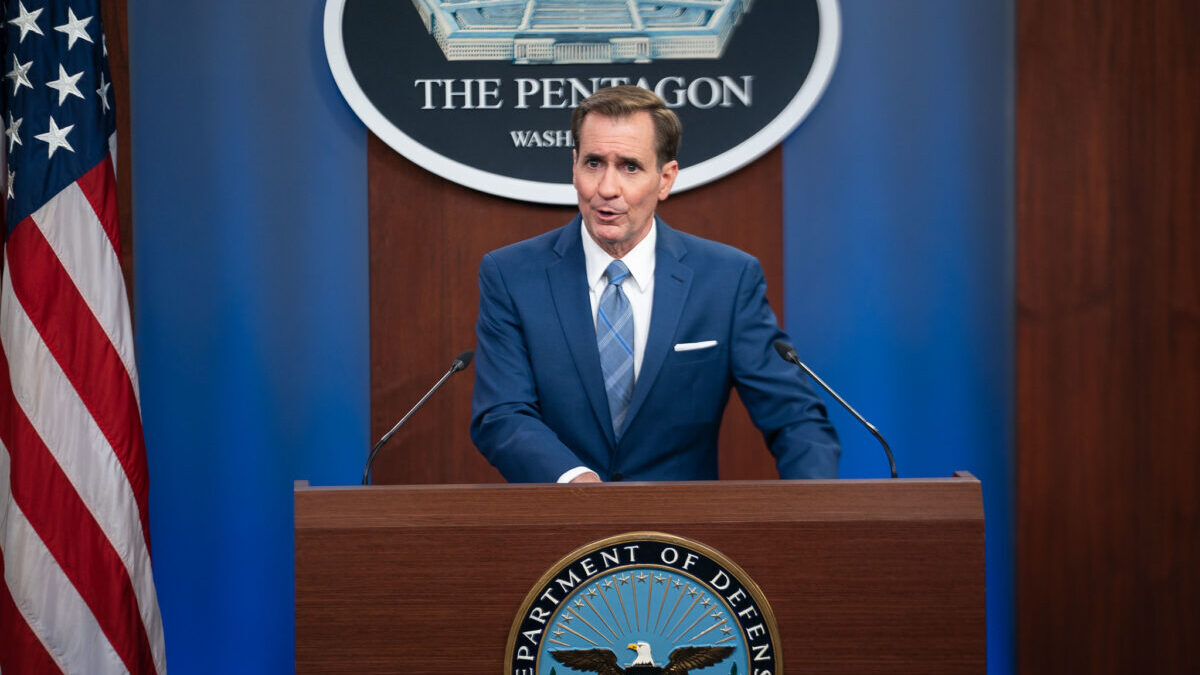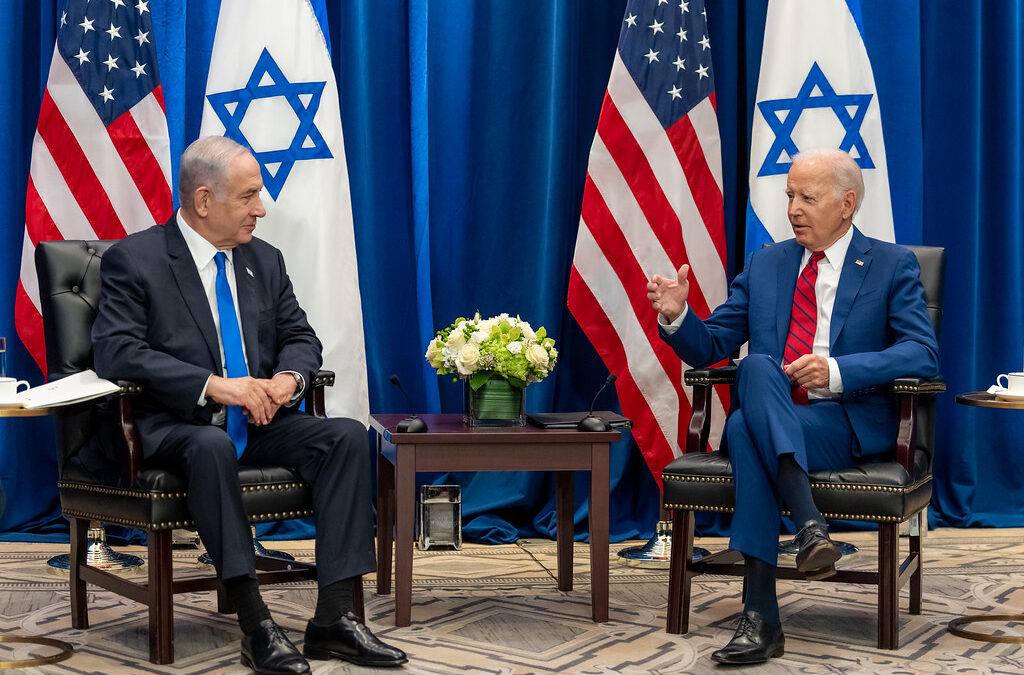No arena of public discussion in Washington is less representative of what the American people want than the debate about foreign policy. The elected representatives make their argument largely at a great remove from the preferences of the American people. The media is even less representative, featuring overwhelming dominance by those credentialed experts who are totally divorced from the general opinions of the public. Honest brokers, including those with more hawkish preferences, acknowledge this as fact. But somehow, it never results in a more balanced debate on the matter.
This is not unique to the Trumpian moment – I think back to a conversation I had on air with Tommy Vietor regarding Syria on MSNBC, years ago, and it too was totally unrepresentative of the preferences of the American people. For anyone who watches these debates regularly, there is a distinct lack of realist or restrained perspective: always the answer becomes, something bad is happening in the world, and the United States must do something about it, even if that results in the loss of American lives.
This aspect of foreign policy gaslighting transferred this week to the debate over Tulsi Gabbard’s anti-war stance prompted by Hillary Clinton. After Clinton went on David Plouffe’s podcast and dished on her opinion that Gabbard was being “groomed” to run as a third party candidate at the behest of the Russians – something that her spokesman confirmed, by the way, and MSNBC and WaPo’s Jonathan Capehart decided to ignore en masse in their defenses – we saw what happens to those who question the conventional wisdom on foreign policy. No matter that Gabbard has a higher level of military service than anyone running for president, no matter that she sits on the House Armed Services and Foreign Affairs committees, no matter that she has been a consistent anti-war voice regardless of anything having to do with Russian priorities – “Russian asset” was parroted far and wide, bereft of any proof.
Now, step back for a moment and consider what we know about a different candidate, one far more politically popular and successful than Rep. Gabbard (who I have publicly supported on more than one occasion, particularly in her defense of domestic religious liberty against Sen. Kamala Harris’s religious tests for judicial nominees): one Sen. Bernie Sanders. Sanders’ campaign in 2016 was pushed and backed significantly by Russian bots and paid social media campaigns. Sanders himself has virtually all the same views on foreign policy as Gabbard. Sanders also happens to have honeymooned in the Soviet Union, an odd choice to say the least. And unlike Gabbard, who has always been a Democrat, Sanders is technically an Independent third party candidate already, who used the Democratic Party as a vehicle in 2016.
So why is Bernie Sanders, who polls consistently in the top three in these presidential stakes, not a greater “Russian asset” threat in 2020? Because he’s chosen to de-emphasize foreign policy issues and stick to domestic policy priorities. Sanders’ Democratic Socialist agenda is also too popular to criticize, while Clinton can get away with targeting a candidate whose best performance in the polls is 3 percent. But on the debate stage, Gabbard is essentially a single-issue candidate, and that issue is one that runs afoul of the Washington establishment with a messenger whose credentials in that arena are much stronger than Sanders’ and others. So she becomes a target, despite the absence of any evidence, for a smear campaign maligning someone who is a Major in the Army National Guard.
What lessons can we take away from this? That despite the success of Trump and Sanders in 2016, nothing in Washington has changed. Even at a significant remove from the foreign policy mistakes of the 2000s, there is no significant cohort of new voices in our politics or media who are generally skeptical of the intelligence community or the assessments of the American military. Far from it – our media has actually invested these public servants with even greater authority in the era of Trump. They are brave whistleblowers, servants of the moral interest, defenders of the American idea. When failure-shaped commentators claim this, most Americans – particularly those who actually have served – roll their eyes. But they still get booked for TV next week, where they’ll once again be beating the same drum and casting vile aspersions at anyone who disagrees.









